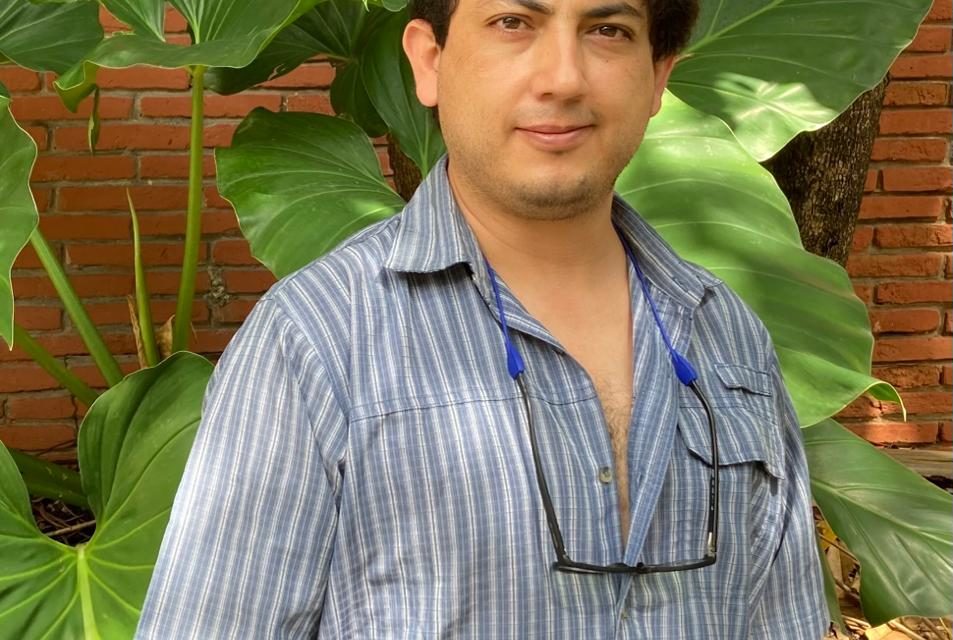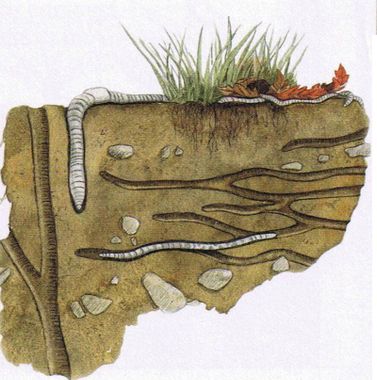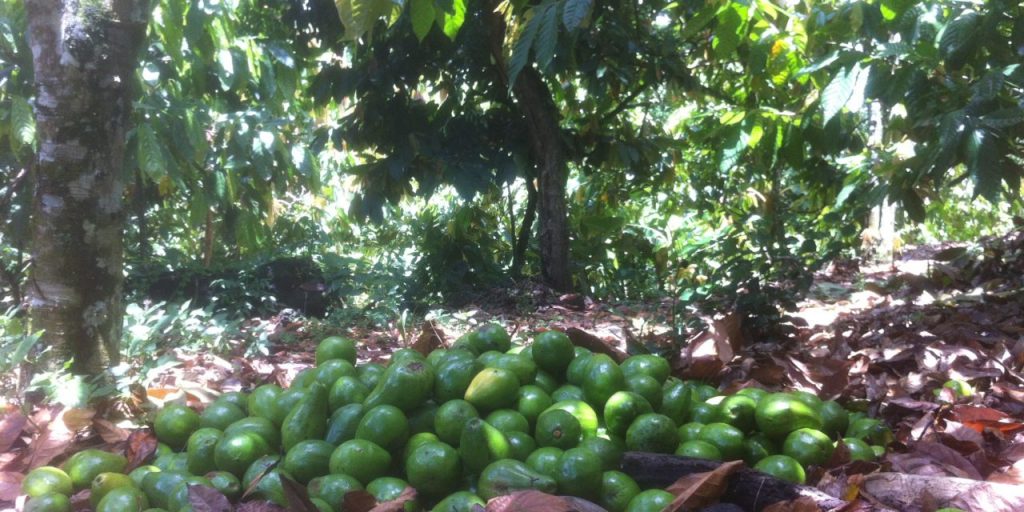EVENTS
All articlesCacao Forest: progress from 2020 onwards
Through that project, the students managed to reach a number of key conclusions which will help guide the Cacao Forest project through future partnerships with a number of Dominican universities.

Another notable event in 2020 was the arrival of Earthworm’s new Cacao Forest project leader and coordinator in the Dominican Republic: Sébastián Cárdenas. Having studied agronomics and industry, Sebastián has thirteen years’ professional experience centred on environmental and climate programmes, in international, national and local settings. He sees the Cacao Forest project as an excellent opportunity for generating a positive transformation in rural areas, starting with cacao producers and fostering economic, productive and environmental resilience.

In the spring, a soil health study was conducted. It involved field teams studying the macrofauna. Unlike microfauna, macrofauna includes all animals visible to the naked eye, ranging in size from 4 to 80 mm. Soil macrofauna is recognised as a good indicator of the function and health of ecosystems and of sustainable agricultural production. The study was based on full sampling. One particular focus was on earthworms. In fact, this group of invertebrates is essential for measuring the soil’s health and quality. The study is still underway.
Over the summer, Cacao Forest also received a visit from a member of the AFD (French Development Agency). He visited the plantations to become better acquainted with local actors and to assess the progress being made on the ground. This allowed the AFD to gauge the project’s reach in practical terms, on the agricultural, social and environmental levels.

Finally, under Phase II, Cacao Forest is developing agroforestry farming models where cacao is integrated with other plant species. Cacao Forest supports producers on agronomic and economic issues alike, helping them to derive maximum benefit from the products associated with cacao farming. So, over the summer, Cacao Forest teams talked to the different cooperatives (COOPROAGRO & CONACADO) involved in the project. The first aim was to identify the marketing strategy for the associated products. The second aim was to define what sales strategy to put in place. We hope very soon to be able to share the results of that work with you, along with the marketing strategies for the associated products.
Leave a Reply Cancel reply
BRIEFLY
Laurent Le Daniel has just been named a Chevalier dans l’Ordre National du Mérite. Congratulations to him for this prestigious award, which rewards a passionate pastry chef very invested in the sustainability of his profession.
Prepare Valentine’s Day! Take the time to discover the chocolate or fruity sweets offered by our chefs for sale online. By ordering this week you will be delivered on time.
The French team is selected for the Pastry World Cup! She won the European Cup ahead of Italy and the United Kingdom who are also selected for the grand final in January at Sirha.
JOBS
Pâtisserie
La maison Zanin recrute pour son laboratoire de Sallanches un Second pâtissier en CDI – 39h. Toutes les informations ici !
Pâtisserie
La maison Ducobu, en Belgique, recrute sur différents postes. Toutes les informations ici.





